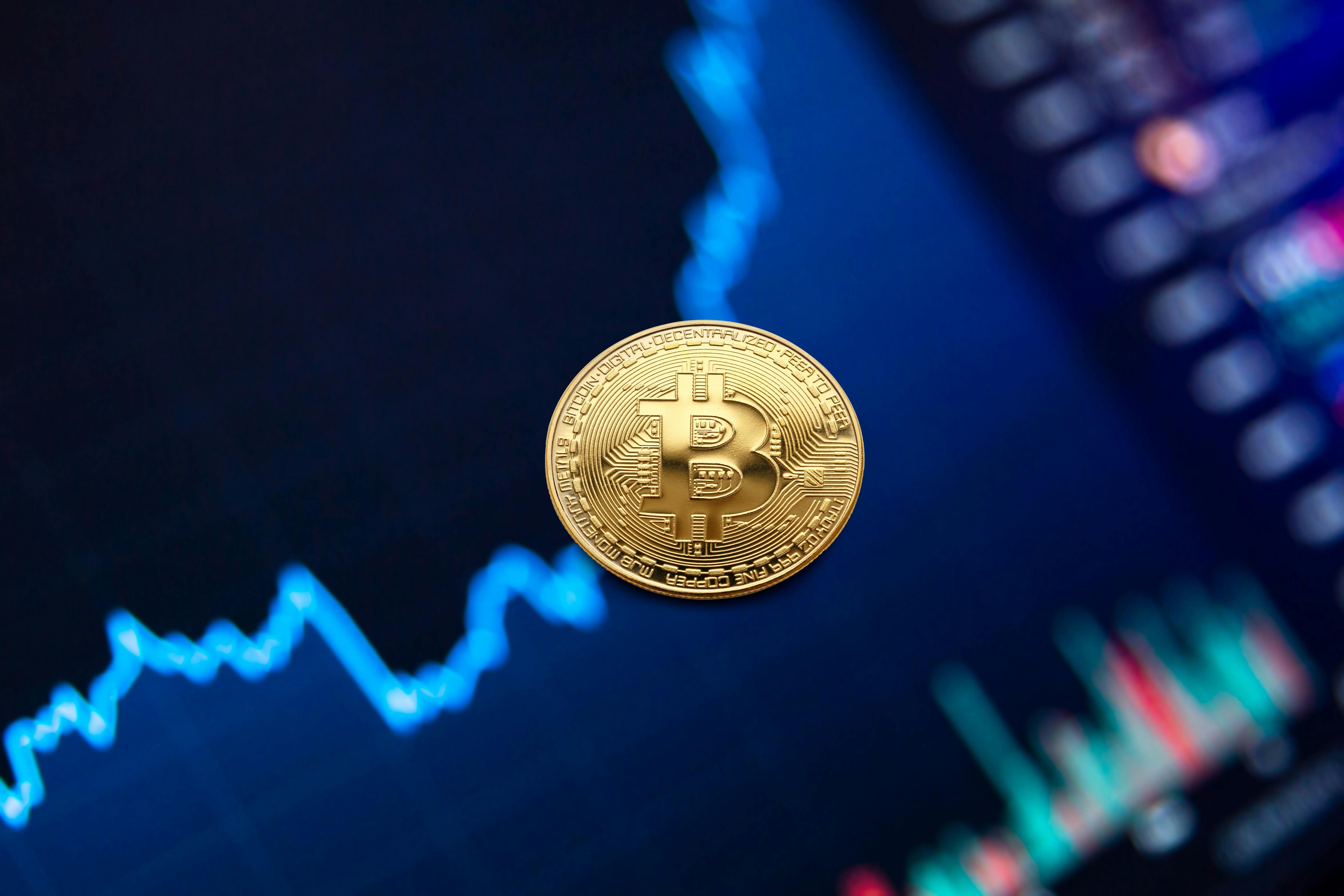Bitcoin ETFs
Peter McGahan
Monday 11th March, 2024.
IN the third of the series on Bitcoin, I’ll cover the new Exchange Traded Funds (ETFs) which have just been launched in January and what they mean.
Firstly, they are not available to the UK public, and I cannot see the FCA having the remotest interest in signing them off so don’t hold your breath. Indeed, their words are: “Crypto had no inherent value, was wildly volatile, rife with financial crime, and didn't fulfil a financial planning need for investors. It's difficult to make a case that any of that has changed."
Vanguard, one of the largest fund groups in the world said: “Unlike equities and bonds, they generally lack intrinsic economic value and do not generate cash flows like dividends and interest payments”. They will not be partaking in the ETFs and are withdrawing the crypto futures they already have.
Does that matter to you? Yes, because of the potential for the purchasing of the asset in ‘bulk’ in such funds and what that would do to the price of the asset. That has to be read in conjunction with last week’s column.
I’m more than confident that any finance professional would have digital currencies low or bottom of any list of things to invest into so the approval of ETFs is just another place not to buy them. Simply putting a fancy wrapper around such assets doesn’t change what’s inside them.
An ETF is a low-cost method to track an investment like a financial index (think S&P500, FTSE).
This ETF is different to the Bitcoin ETFs created in 2021, as they actually hold the physical asset – the coin, as opposed to betting through futures.
Some will get hooked into – I’ll just put one to two per cent in a portfolio. It’s only a small amount – a bit like the excitement of losing each year at the grand national, but ‘nearly’ winning. That money will give the market makers on the futures the liquidity they need.
It’s important you understand any investment, but the prospectuses on these bad boys are nearly 110 pages long and you shouldn’t really read beyond the bit which says “you could lose your entire investment”. If you do, you are
making an investment into hope, which if it turns out well doesn’t reflect well on you.
There is no doubt in my mind that Bitcoin will go a lot higher, and a lot lower. That’s not the point of the investment, however, because you will never bail out at the top, because the euphoria around the gain is always too much and then bang. We’ve had numerous bangs so far on this journey and I don’t know how many drops greater than 50 per cent the average person is comfortable with.
They are often in stages, sucking the investor in on each big fall because they are ‘cheaper’. Everything that can get cheap can get a whole lot cheaper.
I’ve covered the SEC’s stark warning that although they are approved, they aren’t ‘approved’. Remember we are ‘allowed’ to smoke, but not on planes like we used to!
One of the commissioners who voted to deny approval of the ETFs also commented on further risks like oversight of the market and also ‘wash trading’. This is where traders can increase trading volume artificially by both buying and selling at the same time to drive prices higher through artificial interest. You just need a platform and a journalist to cover it.
I covered this in detail in 2017 and these ETFs may well be the last piece to that jigsaw to create such volatility and make money on the swings each way. The more the swing, the more the gain to the market maker.
I look at the fees and I can’t see how having the ETF for them is a money maker. Coinbase hold most of the assets and they charge 1.2 per cent per year. How can they have an ETF and have an internal fee that is nearly five times the fee they are charging the customer – some as low as 0.25 per cent? It doesn’t make sense, well at least where we are looking.
Maybe it’s just a loss leader for liquidity for the market makers after all?
I’ll cover risks next week – strap yourself in for that.
If you have an investment or financial question for Peter, please call 01872 222422.
Peter McGahan is the Chief Executive Officer of Independent Financial Advisers, Worldwide Financial Planning. Worldwide Financial Planning is authorised and regulated by the Financial Conduct Authority.

